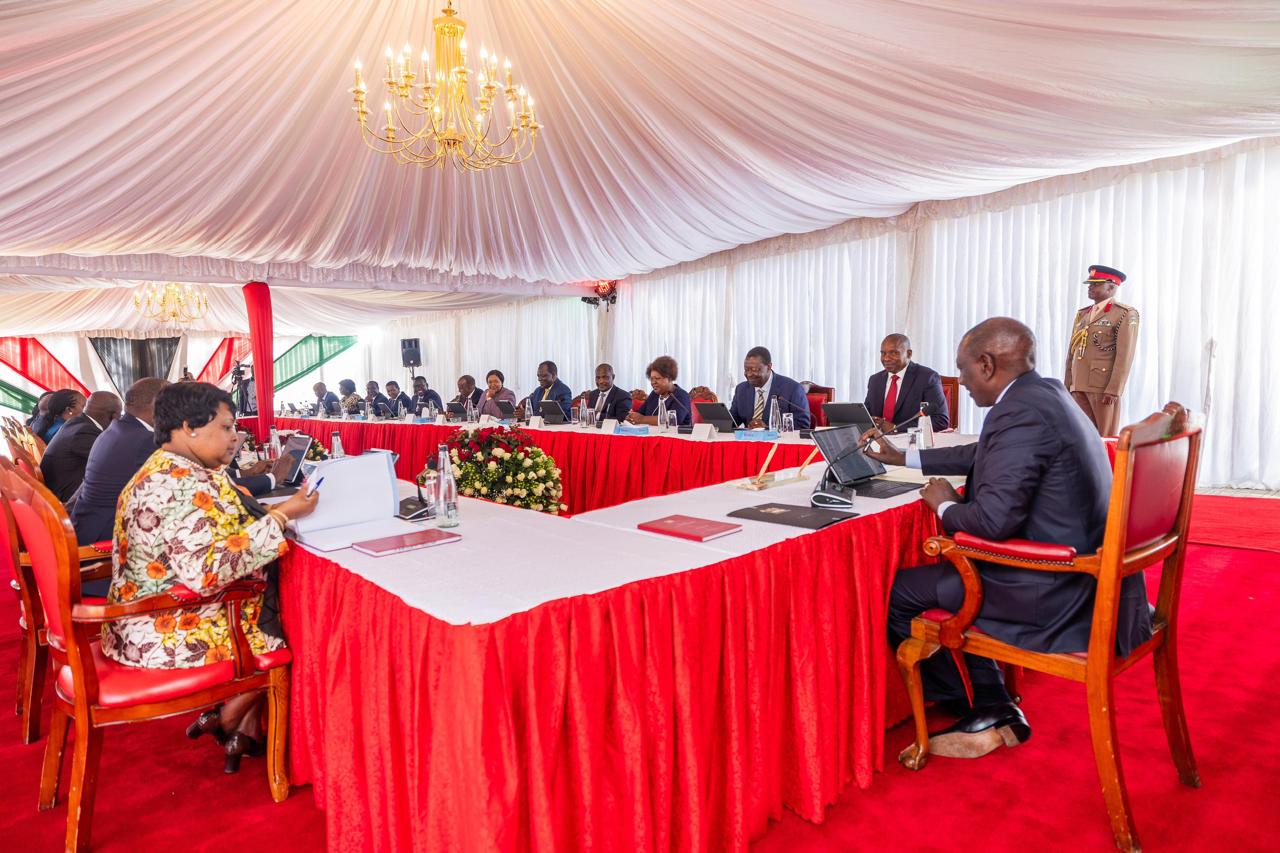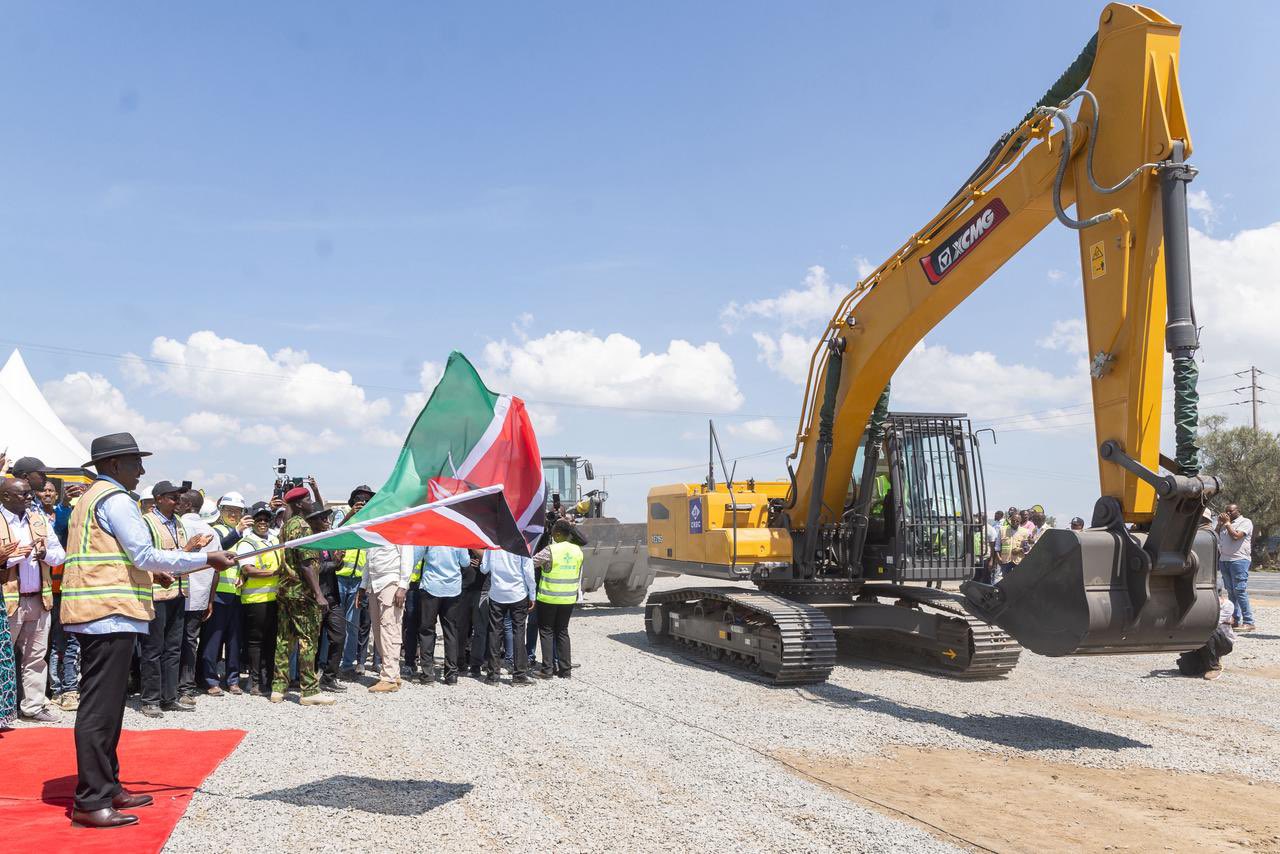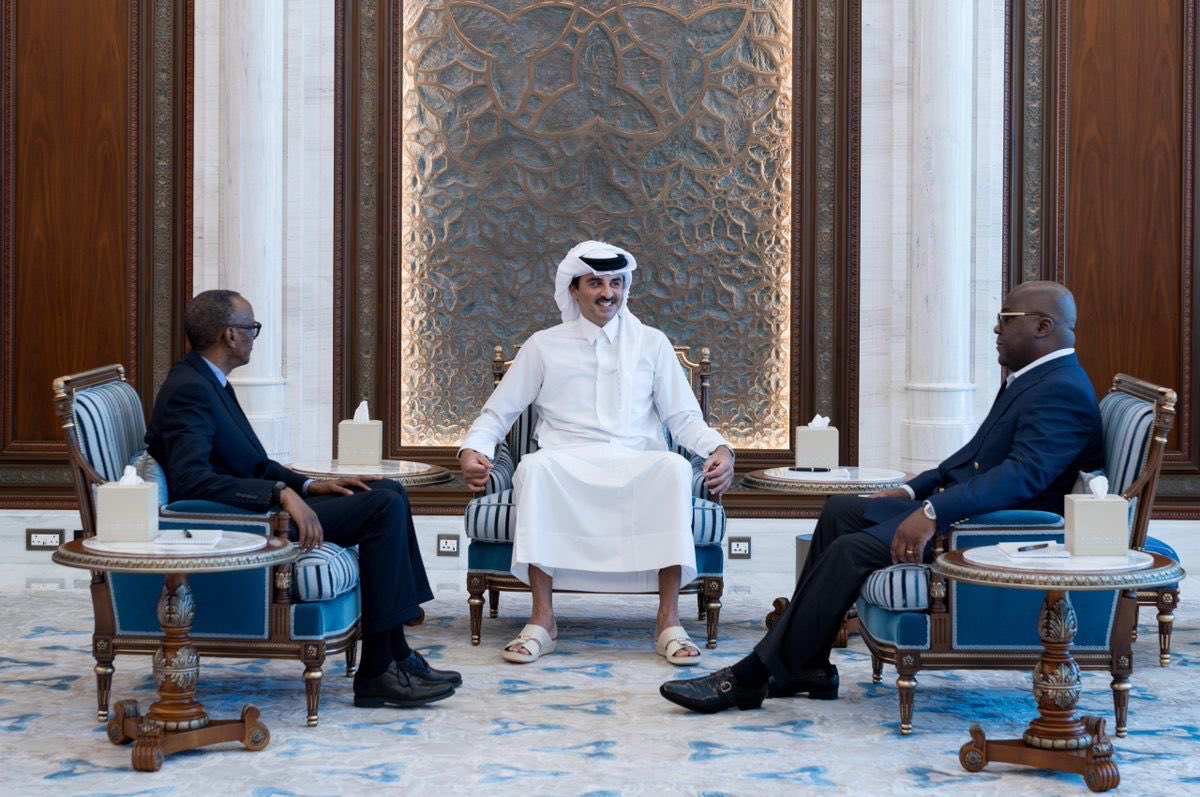Cabinet steps in to restructure Rivatex after mounting financial woes

The cabinet now seeks to revive Rivatex East Africa by implementing a restructuring plan and onboarding non-equity strategic partners.
The Cabinet has ordered the restructuring of Rivatex East Africa Limited and the onboarding of non-equity strategic partners to help revitalise the struggling company.
Rivatex, a fully owned subsidiary of Moi University, has faced ongoing losses despite significant investments in its operations.
More To Read
- President Ruto enacts Capital Markets, County Funding and State Enterprises laws
- Moi University's Rivatex handed over to global firm in bid to stabilise operations
- Moi University lecturers call off three-week strike after breakthrough talks with management
- MPs question Moi University over Sh7 million gate and stalled multi-million projects
- Moi University strike enters third week as lecturers allege dismissal threats
- Moi University lecturers demand Sh9 billion in arrears to end strike
Rivatex, which was incorporated in August 2007, was initially acquired by Moi University to use the facility for training, research, and commercial purposes. However, the company has faced significant financial challenges.
In September 2024, Moi University’s management came under scrutiny after it was revealed that the institution had secured a Sh3 billion loan from Exim Bank to modernise the company, following an initial Sh600 million purchase of the textile manufacturer.
Despite these efforts, Rivatex reported a loss of Sh347.6 million for the financial year ending June 2023, bringing its cumulative losses to over Sh3 billion.
The university’s decision to invest in a textile company raised questions, particularly because only a small percentage of its 30,000 students are enrolled in textile-related courses.
National Assembly’s Public Investments Committee on Education Chairperson Jack Wamboka, also Bumula MP, scrutinised the acquisition, questioning the university’s priorities.
“If you were given Sh3 billion, would you not improve learning facilities? Are you getting value for money?” Wamboka posed, urging the university to reconsider its financial strategy.
In defence, Moi University’s Vice Chancellor Prof. Isaac Kosgey explained that the decision to acquire Rivatex was made when the university was financially stable.
“We had money up to 2008 and it was decided we buy Rivatex as a lab for our students. In 2017, the government came in and there was a discussion on it, and we used Sh600 million,” Kosgey said.
An audit by Auditor-General Nancy Gathungu had also revealed that Rivatex was grappling with numerous financial challenges, including failing to pay suppliers and accumulating losses.
The audit report showed that the textile manufacturer, based in Eldoret, was unable to pay Sh56.9 million to suppliers and had outstanding obligations, including remitting employees’ pensions and Sacco deductions.
“The trade and other payables ageing analysis provided for audit review revealed that payables for goods, services rendered, and works done amounting to Sh10,851,170 have been outstanding for more than 18 months,” Gathungu explained.
She also highlighted that Rivatex was owed more than Sh111 million as of June 2023, indicating the company’s difficulty in collecting debts.
Despite the company’s significant investment in upgrading its facilities, including a Sh6 billion overhaul five years ago, its production remained below capacity.
The government’s Kenya National Bureau of Statistics (KNBS) reported a 6.4 per cent increase in cotton seed prices in 2023, further complicating Rivatex’s ability to produce and compete in the market.
In addition to its financial struggles, the Auditor said Rivatex faces legal and ethical concerns regarding its workforce composition. The Auditor-General’s report noted that 580 of Rivatex’s 738 workers belonged to the same community, which is contrary to the law governing diversity in employment.
The cabinet now seeks to revive Rivatex East Africa by implementing a restructuring plan and onboarding non-equity strategic partners.
Top Stories Today












































